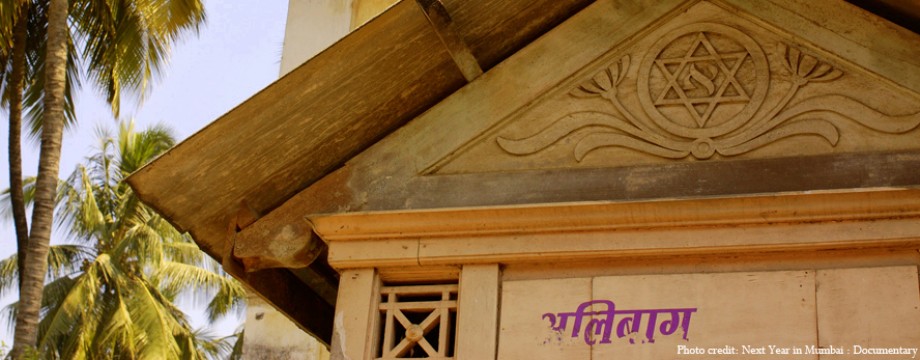
February 4, 2021, India is well-known for its religious diversity. Despite this, due to India’s vast population of nearly a billion people, the country’s small Jewish minority is frequently overlooked or ignored. Regardless, Jews have lived in India for over 2000 years, leaving a rich Indian-Jewish culture that lives on today through the rituals and traditions of Indian Jews from around the world. I had the opportunity to attend the “Jews of India and Indian Jews Today” event, which explored the history, culture, rituals, and personal experiences of Indian Jews, as well as how they celebrate and navigate the junction of their cultural and religious identities.
Dr. Shalva Weil, the Senior Researcher at the Hebrew University of Jerusalem, gave a historical review of Jewish colonization in India to kick off the event. There were two significant Jewish groups in Mumbai, according to Dr. Weil: the Bene Israel and the Baghdadi Jews. The Bene Israel landed on the Konkan Coast via shipwreck about 175 BCE, when many perished and were buried. Those who survived were later relocated away from the Konkan Coast to Bombay, now known as Mumbai. Unlike the Bene Israel, the Baghdadi Jews only lived in Bombay for around 100 years and came from a variety of nations, including Iran, Afghanistan, Syria, and Iraq. Despite their recent arrival, they left an indelible mark on India’s geography, such as the Gateway of India, which holds symbolic significance for the Indian Jewish community today. Even though both communities contributed significantly to Indian society, many of the Jewish community went to Israel or English-speaking nations such as Canada after India’s independence.
